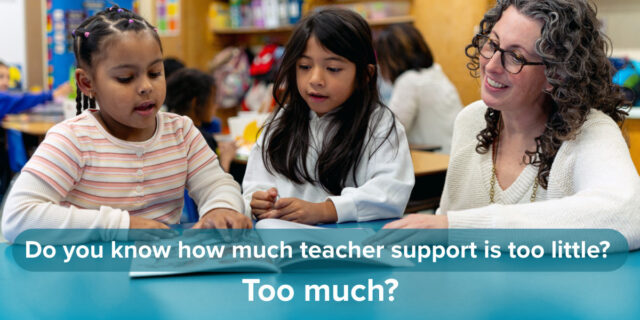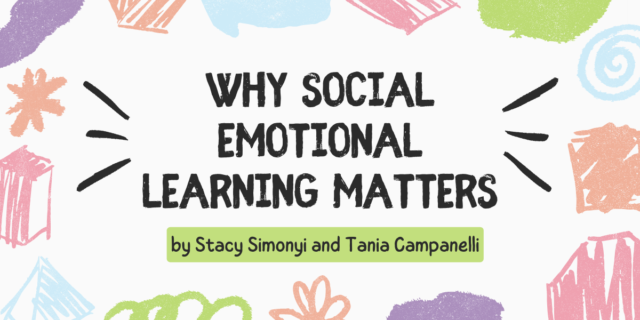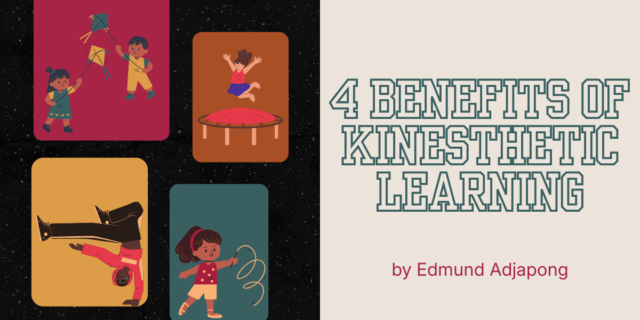
Passion is the writer's compass. Through our passions, we discover new writing territories to explore and find ways to express the ideas and thoughts and questions in our hearts. Even the most disengaged student is passionate about something, and we can leverage that passion to help nurture her writing life.
We live our passions. One of our deepest passions is teaching. It’s what we live and breathe at work and at home. And, so, when we’re not standing in front of a classroom of students, we continue to nurture that passion: by discussing it, tweeting about it, reading articles on education news, devouring professional books on instructional design, and highlighting psychological books about the way children learn.
Because we have a passion, we want to learn more and know more. And by continually nurturing it, the flame is fanned. If our students have a true passion, they are probably already nurturing it in a variety of ways. That video game they love steals their after-school and weekend hours. They travel around the state to play that sport. They spend their lunch period debating the ending of that movie they love.
We can teach students to take the passions they are already nurturing and explore them in ways that will make them better writers of analysis. Deepening passions takes time, so we rely on two classroom routines—digital reading and passion blogging. You can implement these routines for a single unit, but they can also become a fixture of your classroom all year long, constantly feeding and fueling students’ interests so that they are always ready to analyze their passions.
Digital Reading
Every English teacher knows that the best way to learn more about something is to read about it. Students do lots of reading in English class, as a large group, in literature circles, and in independent reading, but the living, breathing, ever-changing world lives online these days. Inviting students to read digitally about their passions connects them with the up-to-the-minute conversation on the topics they love most.
The writing we find online is also the kind of writing students will be doing themselves. Digital reading has the added benefit of doing some of the modeling and structural priming that will help student readers transition to the role of student writers as they analyze their passions.
Passion Blogging
It seems almost every day someone we know is launching a blog. Blogs are born out of passion. People begin blogs because they want to explore something they love and share this love with readers who care. It’s likely that some of your students and colleagues are already blogging and that you will have blogging experts to help support you if blogging is new to you.
A passion blog serves all the students in your room—those who already have identified passions and those who are sitting there waiting for passions to find them. In A Writer Teaches Writing, Donald Murray (1985) asserts that “behind each writing purpose is the secret excitement of discovery: the word, the line, the sentence, the page that achieves its own life and its own meaning. The first responsibility of the writing teacher is to [help students] experience this essential surprise” (8). A blog is a low-risk place to explore thinking where students can write their way into discovery and try on different styles and texts before they commit to a more formal piece of writing.
You can use this as a standalone writing study (four weeks of passion blogging with a new post due every few days) or as a regular classroom routine that follows students throughout the school year.
From Passion to Powerful Writing
Today, we take the difference-between-life-and-death necessity of the compass for granted. Most of us don’t even use maps anymore and rely on our phones to give us turn-by-turn navigation. But remember how essential the compass was to the explorers aboard a ship: to know where they were headed, to keep their purpose at the forefront, to keep the ship upright, to achieve their goals, the compass was everything.
Passion is everything to a writer—the most indispensable tool of exploration. Student writers still need opportunities to learn how to use that tool, particularly within the classroom. But after we give students a few strategies and routines to help them identify and articulate their passions in powerful writing, the transition from heartfelt interest to writing becomes second nature. Now, when they feel strongly about a product, a performance, a game, they think, “Hey! I could write something about that.”

Allison Marchetti teaches high school English in Richmond, Virginia. A graduate of the University of Virginia, she is an experienced teacher in both independent and public schools, from inclusion classrooms to AP and IB. A past presenter at NCTE, Allison is coauthor (with Rebekah O’Dell) of the popular blog movingwriters.org, as well as the professional book Writing With Mentors. Both the blog and book were inspired by Tom Newkirk’s call to young teachers at NCTE 2012 to “carry the torch” of Don Graves’ work to the next generation of teachers and students.

Rebekah O'Dell teaches high school English in Richmond, Virginia. A graduate of the University of Virginia, she is an experienced teacher in both independent and public schools, from inclusion classrooms to AP and IB. A past presenter at NCTE, Rebekah is coauthor (with Allison Marchetti) of the popular blog movingwriters.org, as well as the professional book Writing With Mentors. Both the blog and book were inspired by Tom Newkirk’s call to young teachers at NCTE 2012 to “carry the torch” of Don Graves’ work to the next generation of teachers and students.


